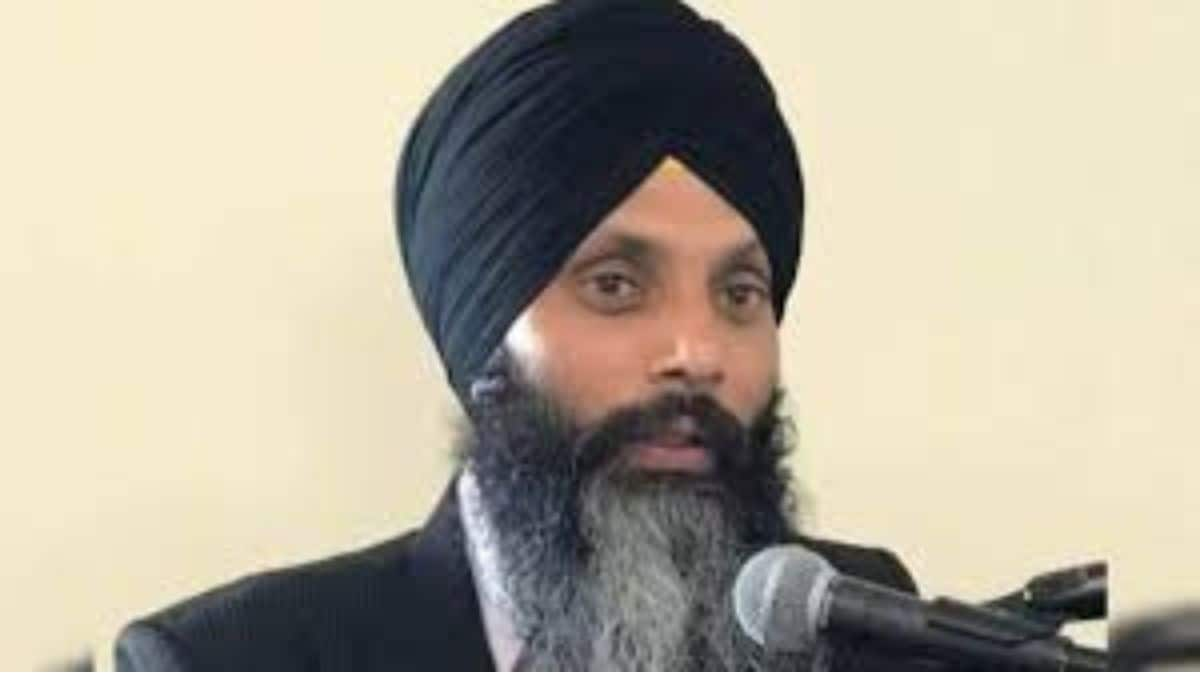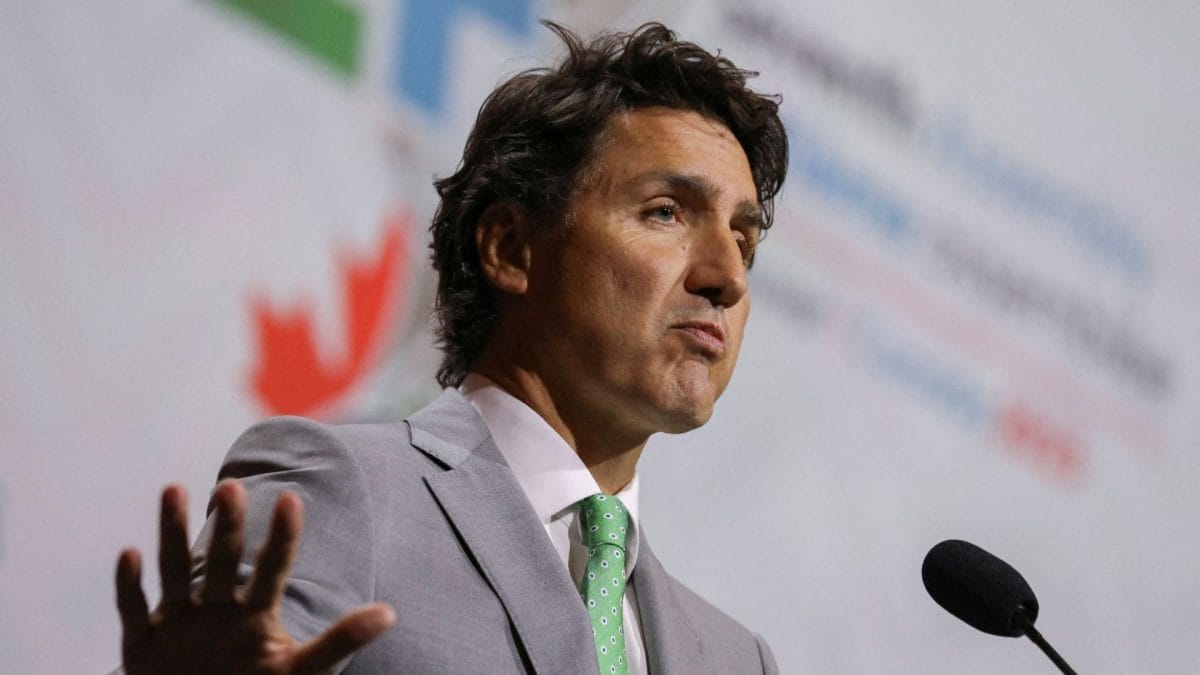In a significant development reflecting the complex diplomatic relations between Canada and India, the head of Canada’s intelligence agency, David Vigneault, made two unannounced visits to India earlier this year. Vigneault, director of the Canadian Security Intelligence Service (CSIS), traveled to New Delhi in February and March to discuss the killing of Khalistani terrorist Hardeep Singh Nijjar with Indian officials. This move comes amidst heightened tensions following Canadian Prime Minister Justin Trudeau’s allegations of Indian government involvement in Nijjar’s murder.

Hardeep Singh Nijjar, a Khalistani Terrorist, was killed outside a gurdwara in Surrey, near Vancouver, on June 18, 2022. He had been declared a terrorist by India in 2020. Trudeau’s statement in the House of Commons on September 18, 2023, about “credible allegations” of a potential link between Indian government agents and Nijjar’s murder further strained India-Canada relations. Vigneault’s visits occurred before Canada announced the arrest of four Indian nationals in connection with Nijjar’s killing. During these visits, Vigneault reportedly provided additional information, including intercepted communications and phone numbers, to Indian officials. The Indian side has officially dismissed the allegations as “absurd” and maintained that no credible evidence has been provided by Canada.

The Canadian government has consistently communicated information to India regarding the Nijjar case, though much of this data, reportedly provided by the US, has not been made public. India’s external affairs minister, S. Jaishankar, has stated that India has not received any actionable evidence from Canada that would warrant an investigation by Indian agencies. Canadian authorities have arrested and charged three Indian nationals – Karanpreet Singh, Kamalpreet Singh, and Karan Brar – and a fourth, Amandeep Singh, for Nijjar’s murder. Vigneault’s previous visits to India in July and August 2023, alongside National Security Intelligence Advisor Jody Thomas, were part of ongoing discussions regarding the matter.
The CSIS 2023 Public Report accused India of engaging in hostile foreign interference and espionage activities in Canada, alongside China, Russia, and Iran. Despite diplomatic strains, efforts to re-establish working security relationships between the two countries have continued, albeit with challenges due to political tensions. A postponed meeting of the India-Canada counter-terrorism working group highlights ongoing attempts at collaboration, now expected to occur later this year.
The diplomatic landscape between Canada and India remains fraught with challenges, especially regarding the sensitive issue of Khalistani terrorism and allegations of foreign interference. Vigneault’s visits underscore the seriousness with which Canada is addressing the Nijjar case, while India continues to seek substantial evidence to justify any further action. The ongoing dialogue, albeit behind the scenes, reflects both nations’ recognition of the need to manage security threats while navigating a complex political relationship.
Discover more from The Doon Mozaic
Subscribe to get the latest posts sent to your email.




One thought on “Canadian Intelligence Chief’s Visits to India Reveal Ongoing Diplomatic Strains Over Khalistani Terrorist Killing”